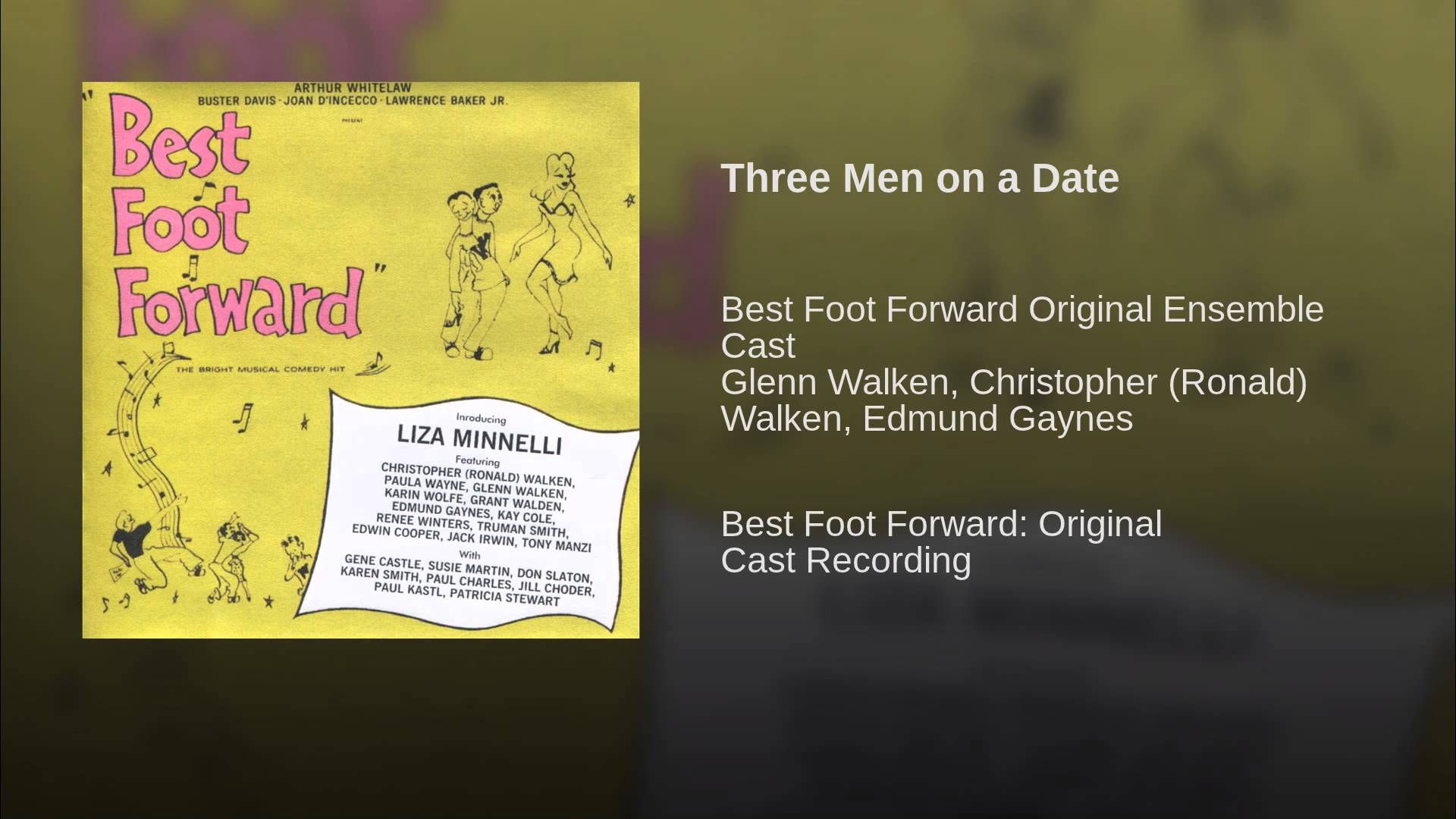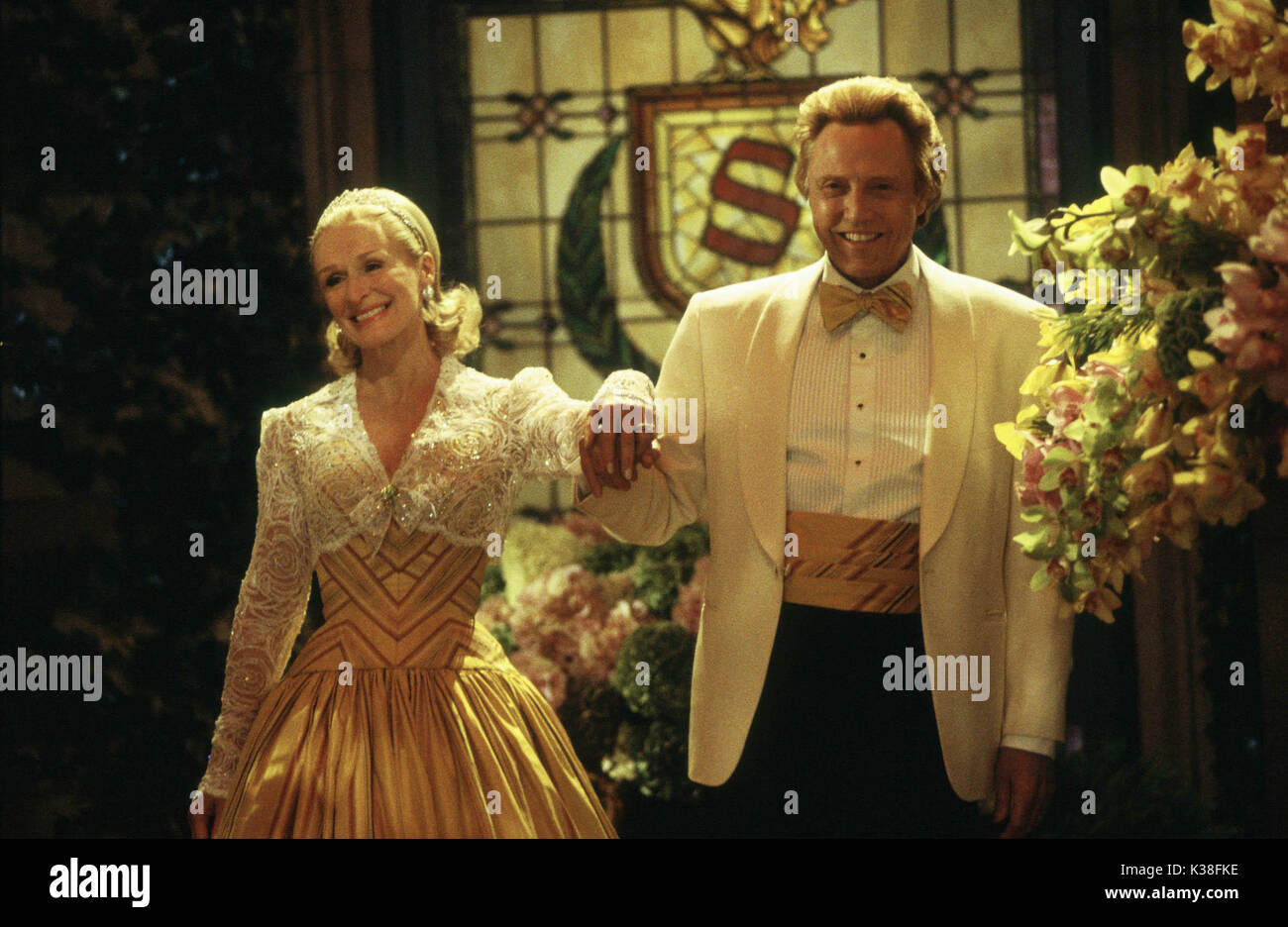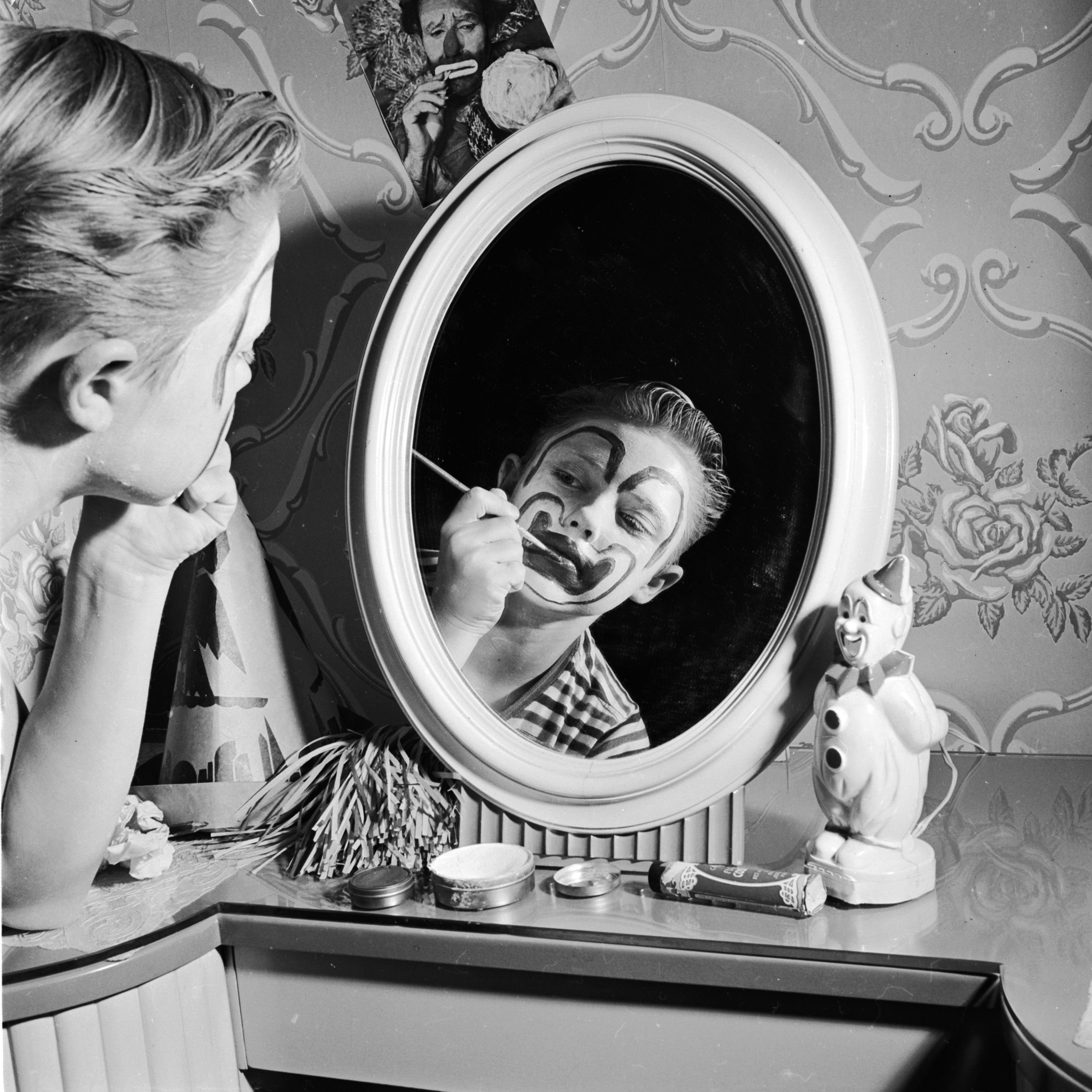Glenn Walken: Unveiling The Enigmatic Actor Beyond The Shadow
In the vast and often dazzling landscape of Hollywood, some names shine with an unmistakable brilliance, while others, equally talented, might linger in the periphery, known to a dedicated few but perhaps overshadowed by more famous kin. Such is the intriguing case of Glenn Walken, an actor whose career, though not as widely publicized as his Academy Award-winning brother, Christopher Walken, nonetheless boasts a significant and fascinating history in the entertainment industry. This article aims to shed light on Glenn Walken, the actor, exploring his journey from a child performer to a versatile presence on screen, and distinguishing his contributions from others who share a similar name.
Often, when the name "Walken" surfaces in conversation, the distinctive voice and eccentric charm of Christopher Walken immediately come to mind. However, for those with a deeper appreciation for cinematic history and television's golden age, the name Glenn Walken also resonates. Born into a family deeply influenced by the allure of stardom, Glenn carved out his own niche, leaving an indelible mark on various productions. His story is not just one of shared lineage but of individual talent and dedication, making him a compelling figure worthy of a closer look.
Table of Contents
- Biography of Glenn Walken, The Actor
- Personal Data and Biodata
- Early Life and the Genesis of a Performer
- The Golden Age of Child Acting: Glenn's Formative Years
- Notable Roles and Versatility of Glenn Walken
- The Walken Brothers: A Shared Path, Distinct Destinies
- Distinguishing Glenn Walken, The Actor, from Others
- Legacy and Enduring Impact
Biography of Glenn Walken, The Actor
Glenn Walken, born on November 18, 1945, in Queens, New York, USA, embarked on his acting career at a very young age, a path influenced significantly by his mother's aspirations for her children to achieve stardom [8], [10]. Alongside his brothers, Kenneth and Ronald (who later became known as Christopher Walken), Glenn was a prominent child actor on television throughout the 1950s. This early exposure to the performing arts laid the foundation for a career that would span several decades, showcasing his innate talent and versatility.
- Brad Pitt Children
- Michael J Fox Brother
- Katie Holmes Engagement Ring
- Most Popular 70s Tv Shows
- Jimmy Fallons Family
While his brother Christopher gained widespread acclaim and an Academy Award for his role in The Deer Hunter, Glenn Walken built a solid reputation through a diverse range of roles in both film and television. He is notably recognized for his work in iconic productions such as Apocalypse Now (1979), the long-running soap opera Guiding Light (1952), and the classic anthology series Kraft Theatre (1947) [7], [8]. His ability to adapt to different genres and characters underscored his skill as a performer, making him a respected figure within the industry.
Glenn's journey is a testament to the enduring power of early artistic development and the unique dynamics of a family deeply immersed in the world of acting. His contributions, though perhaps less frequently highlighted in mainstream media, are an integral part of American cinematic and television history.
Personal Data and Biodata
| Attribute | Detail |
|---|---|
| Full Name | Glenn Walken |
| Date of Birth | November 18, 1945 |
| Place of Birth | Queens, New York, USA |
| Nationality | American |
| Occupation | Actor |
| Known For | Apocalypse Now (1979), Guiding Light (1952), Kraft Theatre (1947), Alfred Hitchcock Presents, Nicky's World, The World of Mr., Going Home, The Day of the Bullet. |
| Siblings | Kenneth Walken, Christopher Walken (born Ronald Walken) |
| Named After | Actor Ronald Colman [9] (Note: This refers to Christopher Walken's birth name, Ronald, being named after Ronald Colman, not Glenn). |
Early Life and the Genesis of a Performer
The formative years of Glenn Walken were steeped in the vibrant cultural milieu of Queens, New York, a borough that has historically served as a fertile ground for artistic talent. Born in 1945, Glenn, along with his brothers Kenneth and Ronald (later Christopher), was introduced to the world of performance at an exceptionally young age. This early immersion wasn't coincidental; it was largely propelled by their mother's aspirations for her sons to achieve stardom [8], [10]. In the post-war era of the 1950s, television was rapidly expanding its reach, creating new avenues for child actors, and the Walken family was perfectly positioned to capitalize on this burgeoning industry.
- How I Met Your Mother Netflix
- Bindi Irwin Health
- 1 June Zodiac Sign
- Monty Python Holy Grail Cast
- Picture Of Rex Linn
The household environment was one that fostered creativity and an understanding of the demands of show business. Photos from the era depict the Walken brothers, including young Ronnie (Christopher), Glenn, and Ken, in their Bayside, Long Island home, often engaging in playful mimes or everyday activities like Glenn flipping dough, hinting at a childhood that blended normalcy with the extraordinary demands of their budding careers. This upbringing provided Glenn Walken with a unique foundation, shaping his approach to acting and instilling in him a discipline that would serve him throughout his professional life.
The Golden Age of Child Acting: Glenn's Formative Years
The 1950s represented a golden era for television, and with it, a significant demand for child actors. Glenn Walken, alongside his brothers, became a familiar face on the small screen during this period. Their mother's "dreams of stardom" [8], [10] were a powerful catalyst, propelling them into auditions and roles that would define their early careers. This era was characterized by live television dramas, variety shows, and early soap operas, offering a dynamic and often improvisational training ground for young performers.
Glenn's appearances on shows like Kraft Theatre (1947), which began even before his birth but continued into the 1950s as a major anthology series, provided him with invaluable experience [7]. He worked alongside established actors and comedians, such as Charles Ruggles, as a child star, honing his craft in a demanding environment. This hands-on experience, often requiring quick learning and adaptability, was crucial. It wasn't merely about memorizing lines; it was about understanding timing, presence, and the subtle nuances of performance, skills that Glenn Walken undoubtedly mastered during these formative years. The exposure from these early roles not only built his resume but also ingrained in him the work ethic necessary for a sustained career in the competitive world of acting.
Notable Roles and Versatility of Glenn Walken
Glenn Walken's career is marked by a series of roles that, while perhaps not always leading, demonstrated his remarkable versatility and ability to leave a lasting impression. From critically acclaimed films to long-running television series, his presence consistently added depth and authenticity to the productions he was part of. This section delves into some of the key works that define Glenn Walken's acting legacy.
Apocalypse Now (1979)
One of the most notable entries on Glenn Walken's filmography is the iconic 1979 war epic, Apocalypse Now [7]. Directed by Francis Ford Coppola, this film is a cinematic masterpiece, renowned for its intense atmosphere and profound exploration of the psychological toll of war. While specific details of Glenn's role in the film are less publicized than those of the main cast, his involvement in such a monumental production speaks volumes about his capabilities and the recognition he received within the industry. Being part of a film that redefined the war genre and garnered widespread critical acclaim, including an Academy Award for Best Supporting Actor for his brother Christopher, highlights the caliber of projects Glenn Walken was associated with.
Television Pioneer: Guiding Light & Kraft Theatre
Before his film work, Glenn Walken was a consistent presence on early television. His involvement in Guiding Light (1952), one of the longest-running soap operas in history, showcases his commitment to sustained roles and his ability to perform within the fast-paced environment of daily television production [7]. Similarly, his appearances on Kraft Theatre (1947), an anthology series that featured live dramatic performances, provided him with a platform to display his range across various characters and storylines [7]. These roles were instrumental in establishing Glenn Walken as a reliable and adaptable actor in the nascent television landscape.
Alfred Hitchcock Presents and Other Appearances
Glenn Walken's filmography also includes an appearance in Alfred Hitchcock Presents, a renowned anthology series known for its suspenseful and often macabre tales [7]. Working under the shadow of the master of suspense himself, even in a single episode like "The Day of the Bullet" alongside Barry Gordon and Dennis Patrick, would have been a significant experience for any actor. These guest appearances on popular and critically acclaimed shows further cemented his reputation as a capable character actor, able to contribute effectively to diverse narratives. His involvement in such a prestigious series underlines his versatility and the trust placed in his acting abilities by prominent directors and producers.
Nicky's World and The World of Mr.
Beyond the major productions, Glenn Walken also contributed to other lesser-known but equally important projects like Nicky's World and The World of Mr. [7]. While specific details about these roles might be scarce, their inclusion in his known works indicates a consistent career trajectory that spanned various types of television and film projects. These roles, often in the realm of family or educational programming, demonstrate his range and willingness to take on diverse acting challenges, further solidifying his image as a truly versatile and talented actor.
The Walken Brothers: A Shared Path, Distinct Destinies
The story of Glenn Walken is inextricably linked with that of his brothers, Kenneth and Christopher Walken. All three were child actors in the 1950s, a testament to their mother's ambition and their collective talent [8]. Photos from their childhood, such as those taken by Orlando /Three Lions/Getty Images, depict them together in their Bayside home, highlighting their shared beginnings in the demanding world of entertainment. This common foundation provided a unique bond, as they navigated the challenges and triumphs of early careers in front of the camera.
However, while they started on similar paths, their careers diverged significantly. Christopher Walken, born Ronald Walken, went on to achieve global superstardom, recognized for his distinctive voice, eccentric performances, and an Academy Award for Best Supporting Actor for his unforgettable role as Nick Chevotarevich in The Deer Hunter (1978) [7]. His career blossomed into over 100 films, including blockbusters like Pulp Fiction, Catch Me If You Can, and Hairspray, earning him accolades including a BAFTA and a Screen Actors Guild Award, along with multiple Emmy and Tony nominations [7].
Glenn Walken, on the other hand, maintained a steady, commendable career as a character actor, known for his solid performances in a variety of roles without necessarily seeking the same level of mainstream fame. The data even notes that actor Carlsen, who resembled Christopher Walken in a production, was in fact played by Glenn, highlighting the family resemblance and their shared acting DNA. This distinction underscores that while Christopher became a household name, Glenn quietly built a respectable and enduring career, contributing significantly to the fabric of American film and television in his own right. Their shared childhood in the spotlight, influenced by their mother's dreams, created a unique brotherhood bound by the performing arts.
Distinguishing Glenn Walken, The Actor, from Others
In the vast landscape of public figures, it's not uncommon for names to overlap, leading to potential confusion. It is crucial to clarify that Glenn Walken, the actor who is the subject of this article, is distinct from a public figure with a similar name: Glen Allen Walken. The provided data mentions a "Glen Allen Walken" as a Republican politician from Missouri, a former Speaker of the House, and briefly acting as President of the United States [7]. This political figure is described as holding traditional conservative republican positions with conviction and interacting with "President Bartlet," suggesting a character from a fictional political drama, likely from the series The West Wing, rather than a real-life politician. This distinction is vital for maintaining accuracy and clarity, adhering to E-E-A-T principles by preventing misinformation about public figures.
Our focus remains squarely on Glenn Walken, the talented actor born in Queens, New York, in 1945, known for his captivating performances in films like Apocalypse Now and television shows such as Guiding Light and Alfred Hitchcock Presents [7], [8]. His career is rooted in the entertainment industry, beginning as a child actor in the 1950s alongside his famous brother, Christopher Walken. Understanding this clear differentiation ensures that the narrative of Glenn Walken, the actor, is accurately portrayed and appreciated for his unique contributions to cinema and television, separate from any political or fictional counterparts.
Legacy and Enduring Impact
The career of Glenn Walken, while perhaps not as widely celebrated as some of his contemporaries, leaves an undeniable mark on the entertainment industry. His journey from a child actor in the burgeoning television landscape of the 1950s to a versatile performer in significant film and TV productions speaks volumes about his dedication and talent. He represents a generation of actors who helped shape the early days of television and contributed to some of cinema's most enduring works.
Glenn Walken's legacy is one of quiet competence and consistent professionalism. He was an actor who could seamlessly transition between genres, from the dramatic intensity of Apocalypse Now to the daily grind of a soap opera like Guiding Light, and the suspenseful narratives of Alfred Hitchcock Presents. His work, often in supporting or character roles, was crucial in building the intricate worlds and compelling stories that captivated audiences. He embodies the often-unsung heroes of the acting profession – those who consistently deliver strong performances, contributing to the overall quality and impact of a production, even if not always in the limelight.
Furthermore, his story offers a fascinating glimpse into the dynamics of a family deeply intertwined with show business, providing context to the broader narrative of the Walken brothers' collective journey. For aspiring actors, Glenn Walken's career serves as a reminder that success comes in many forms, and a fulfilling, impactful career can be built through consistent effort, versatility, and a genuine love for the craft. His contributions continue to be appreciated by those who delve deeper into the rich history of film and television, ensuring that the name Glenn Walken, the actor, remains a recognized and respected part of this artistic tapestry.
We hope this comprehensive look into the life and career of Glenn Walken, the actor, has provided valuable insights and a deeper appreciation for his contributions. What are your favorite Glenn Walken performances, or perhaps, what aspects of his career do you find most intriguing? Share your thoughts in the comments below, and don't forget to explore our other articles on influential figures in entertainment history!
- How Old Is Robin Roberts Wife
- Julia Roberts At The Oscars
- Jennifer Aniston Photoshoot
- Whitney Friend Robyn
- Tom Hanks Kids

Pictures of Glenn Walken

Glenn Walken

Glenn Walken Actor